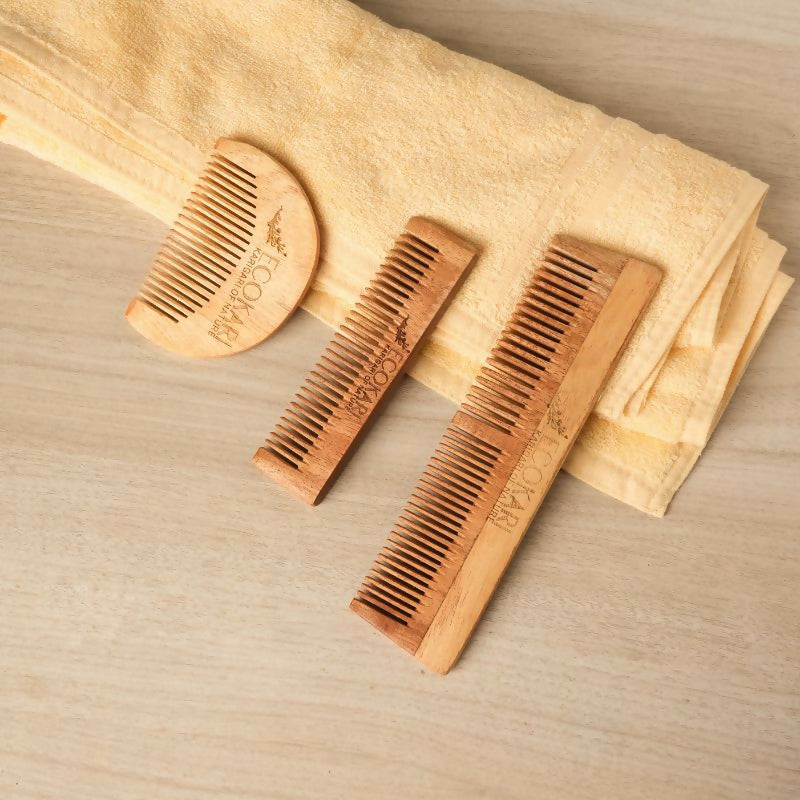Iris Strill & Bishwadeep Moitra: Silaiwali

The meeting of Afghan refugee women in Delhi who were struggling to find employment led to the inception of Silaiwali in 2018, founded by designer and journalist couple Iris Strill and Bishwadeep Moitra. Silaiwali is a social enterprise based in Delhi that upcycles surplus and waste fabric into finely made products. The idea is as simple as it is profound, which is to create livelihoods for displaced Afghan women while reducing the burden of textile waste. The work flows between these two intentions, giving people a way to stand on their own feet and giving materials a second life that honours the hands that shape them. They swear by their motto, "A Stitch Against Waste. A Stitch for Freedom," a living example of how compassion and sustainability can come together to change lives.
Silaiwali is a certified WFTO Guaranteed Fair Trade Enterprise. This means they adhere to the World Fair Trade Organization's (WFTO) principles and standards, ensuring fair labour practices and ethical production. Their heartfelt work lies in empowering marginalized Afghan refugee women by providing them with employment opportunities and fair wages.
They teach skills and equip these women to craft beautiful luxury home products loved around the world. Over 300 Afghan refugee women have secured a stable income through Silaiwali’s circular economy model, gaining both economic independence and recognition for their craftsmanship.

(Image credit: Silaiwali - Dolls & Hangings)
Inside the workshops, fabric offcuts become elegant home décor and delicately sewn figures, each carrying the mark of the maker’s care. These pieces travel far beyond Delhi’s borders, reaching international markets through partnerships such as MADE51, a UNHCR initiative connecting refugee artisans to global buyers. The aim here is to create visibility for the makers. The work of these women is recognised and placed on the same stage as global brands.
Silaiwali x Chloé
In one of its most inspiring projects, Silaiwali collaborated with French luxury house Chloé to create a limited-edition series of upcycled dolls and bag charms. Creative Director Iris Strill designed two dolls dressed in miniature versions of Chloé’s iconic silhouettes, along with a collection of bag charms.
Where fast fashion thrives on mass production and disposable trends, Silaiwali moves at a different rhythm that is sustainable. Products are handmade, each one taking the time it needs to be crafted with precision and care. Materials are not bought in bulk for profit margins, but are rescued from the waste streams of the fashion industry and given a second life. There are no factories churning out thousands of identical items; instead, there are workshops where artisans work with dignity while learning a skill. In this way, Silaiwali challenges the wasteful cycle of fast fashion and replaces it with a model designed for the artisans.
For these women, it is a chance to regain control over their lives, to learn new skills, to earn an income that supports their families, and to feel seen in a world that often overlooks them. For customers, purchasing these products is a way to connect with the hands and histories behind them. And for the environment, it means one less piece of fabric in a landfill and one more example of design made with ethics.
The enterprise stands on two unwavering pillars, creating meaningful employment for marginalized women and reducing waste by upcycling them into purposeful products. Silaiwali’s work is now part of a larger conversation about how the worlds of fashion, sustainability, and social justice can meet, where women are given a stronger voice and waste is given a second life. It is a connection between the lives of makers and buyers in a story of hope and resilience.






Leave a comment